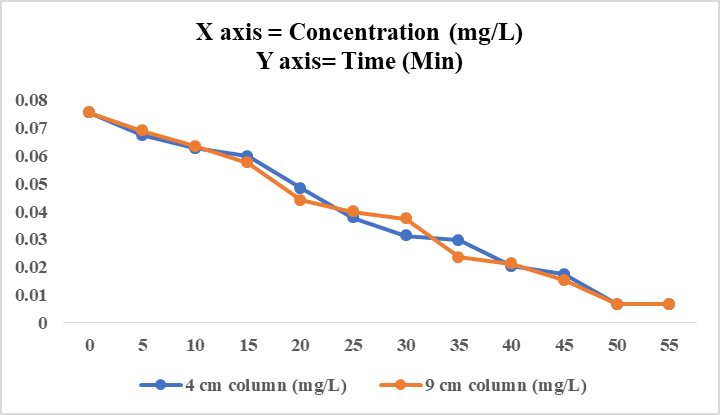
The current study work's contribution relates to the removal of xylene using an adsorbent with modified surfaces made from a naturally occurring substance called avocado seed. With the aid of a muffle furnace heated to 600⁰c, this was converted to become activated carbon. Activated carbon is modified on the surface using titanium di oxide (Tio2). This surface modification demonstrated significant performance in the designated surface area of 67.35 m2 g-1. The varied levels of xylene concentration drop at three distinct temperatures 30, 60, and 90⁰C were visible. Applying the Thomas and Adams-Bohart to describe equilibrium adsorption data resulted in the model having the highest R2 values for describing equilibrium isotherm data. SEM patterns captured the degree of the surface modification with increased porosity; however, XRD and FTIR analyses of the surface modified adsorbent did not reveal any structural distortion. This thorough analysis resulted in the efficient removal of 93% of xylene by cost-effective adsorbent
Total file downloads: 8